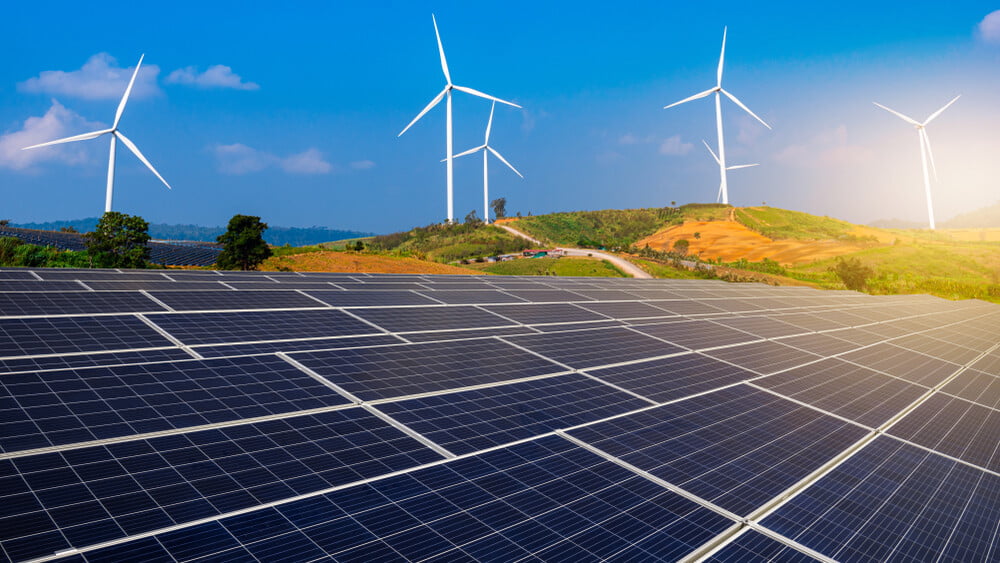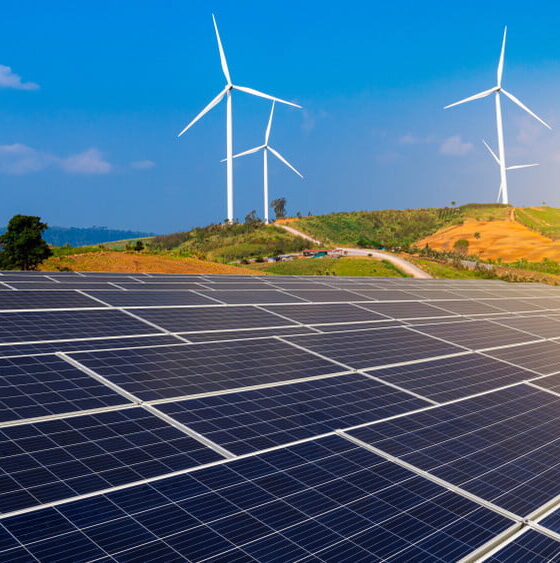

Energy
Improving Workplace Health and Safety in The Renewable Energy Sector
Renewable energy (meaning geothermal, solar, wind, water, and bio-energy) is the fastest growing energy source in the United States. In fact, most utility-scale electricity generating capacity additions scheduled for construction across the U.S. in 2021 are set to be powered by renewable energy, the U.S. Energy Administration reveals. And, between 2020-2030, around 45,000 megawatts of new solar and 55,000 megawatts of new wind will be installed throughout the country simply in order to meet state renewable portfolio standard requirements.
Although this is great news for the environment and eco-conscious consumers, this boom in renewable energy will also inevitably cause an increase in workplace accidents and fatalities throughout the sector (of which over three million people in the U.S. are estimated to currently work in). Fortunately, safety experts are implementing new standards and solutions to mitigate health and safety risks and make the industry safer for workers.
Low fatality rate
Fatal accidents in the renewable energy sector are fairly infrequent, data from the U.S. Bureau of Labor Statistics reveals. In fact, the industry is significantly safer for workers than the fossil fuel industry is. In the U.S., five workers in the wind, biomass, solar, and geothermal electric power generation industries died in workplace accidents over a recent five-year period. Falls were responsible for four out of the five fatalities, while the fifth death was caused by a motor crash.
For workers, sustaining an injury on the job may result in temporary or permanent disability and pain and suffering, as well as ongoing medical bills and lost income as time is needed off work to focus on recovery and rehabilitation. Fortunately, by contacting a reputable law firm, injured workers can file a workplace personal injury case and win financial compensation to cover all relevant associated costs. The legal experts handle all aspects of the case, while the client focuses on recovery with greater peace of mind.
A myriad of health and safety risks
Workers in the renewable energy sector face a number of health and safety risks — many of them similar to the risks present in other industries. For example, falls, fires, accidents in confined spaces, and electrical currents are some of the most common. Moreover, working conditions unique to the industry — the height of wind turbines, for example — make workers even more vulnerable to accidents and injuries.
New safety standards for wind turbines
The American National Standards Institute has teamed up with the American Society of Safety Professionals to launch the nation’s first industry consensus standard designed specifically to protect workers involved in the construction and demolition of wind turbines. The standards include requirements for equipment and site hazard identification and outline training employers must provide to help eliminate worker accidents and deaths.
The standards also require contractors to devise unique, tailored plans for sites in remote locations to address spotty communication networks, unreliable emergency response, and bad weather conditions. Contractors also need to assess wind turbine hazards, including exposed electrical and/or moving parts. Additionally, the new standards feature requirements for rigging and cranes involved in construction. Crane drivers, riggers, and signal workers must also be adequately qualified.
The new standards will be re-assessed in roughly 18 months (instead of the usual five years) in order to potentially implement extra protection against falls, as well as safety measures like fences and barricades to protect pedestrians. Technology innovations, namely drones, may also be incorporated in the near future. By working to mitigate risk, health and safety standards in the renewable energy sector are only set to improve.


 Environment12 months ago
Environment12 months agoAre Polymer Banknotes: an Eco-Friendly Trend or a Groundswell?

 Features11 months ago
Features11 months agoEco-Friendly Cryptocurrencies: Sustainable Investment Choices

 Features12 months ago
Features12 months agoEco-Friendly Crypto Traders Must Find the Right Exchange

 Energy11 months ago
Energy11 months agoThe Growing Role of Solar Panels in Ireland’s Energy Future


























